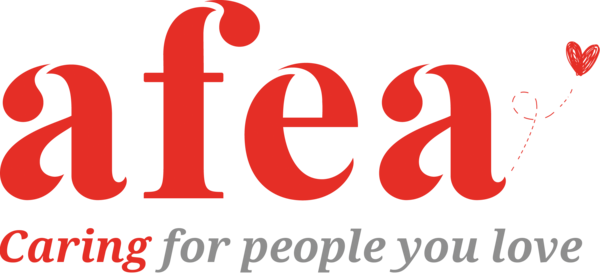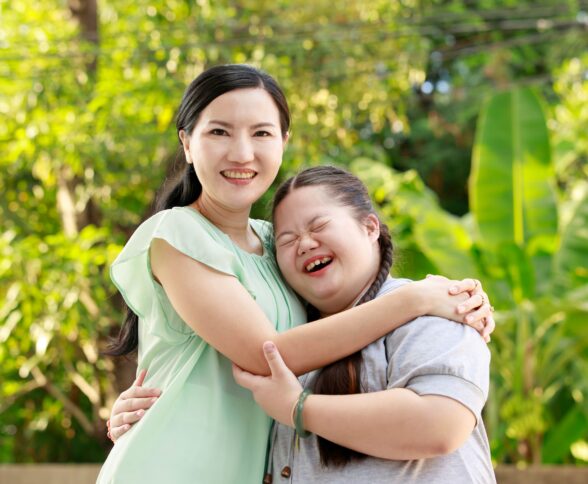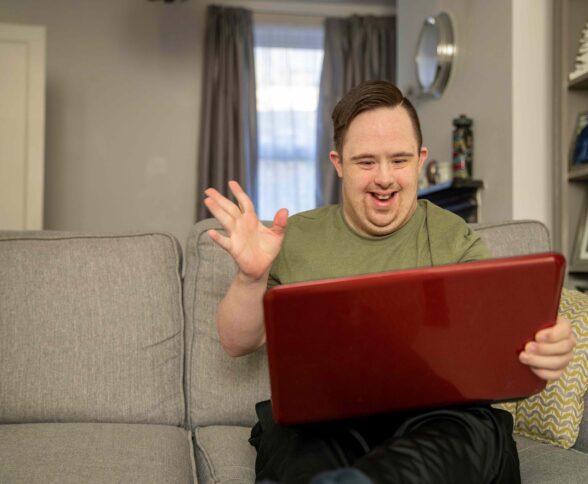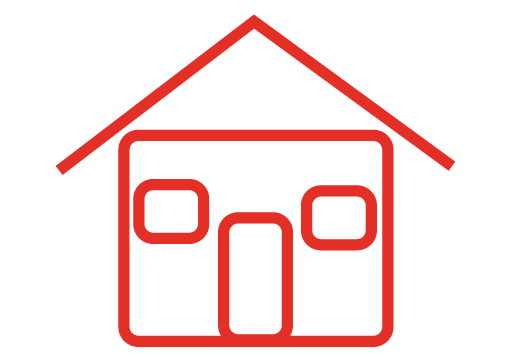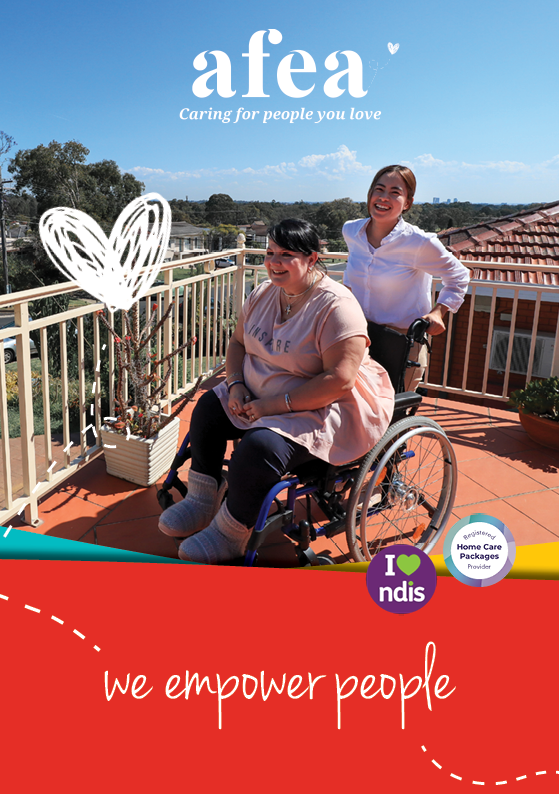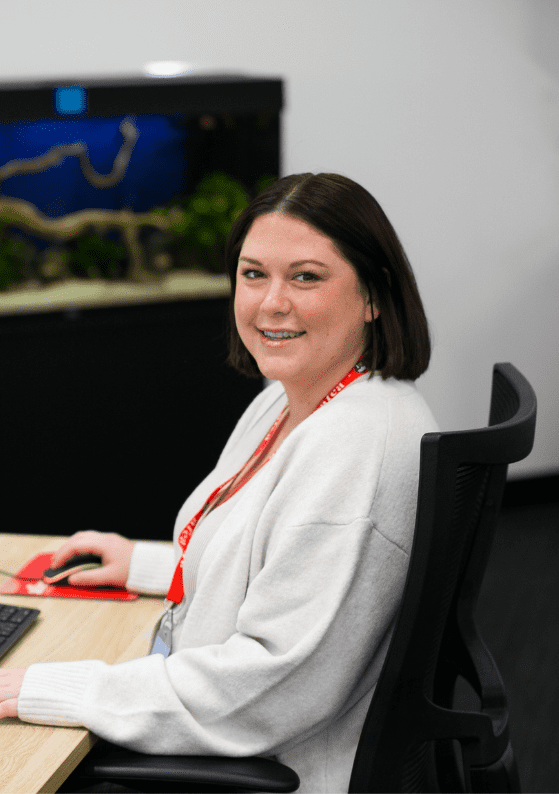As it gets colder outside and we snuggle up under the blankets at night, spare a thought for those in our community who do not have a warm bed or shelter tonight. While anyone can find themselves experiencing homelessness, a person with a disability may be at a higher risk of it, and find it harder to overcome once they are experiencing it. Hospitals and Government agencies are stretched and are on high alert because of COVID-19, it is vital during this time that we provide support to those that are most vulnerable to homelessness.
The Australian Institute of Health and Welfare (AIHW) reports that 1 in 12 people who engage specialist homelessness services (SHS) have a disability, and of those, 1 in 3 have a ‘profound disability’. AIHW state that SHS clients with a disability need a greater number of different services and support for a longer period than those without disability. Furthermore, 62% of SHS clients with a disability also experience a mental health issue, as opposed to 35% without. This limits their capacity to navigate the healthcare system and organise the necessary supports required to address their situation.
Even without the extraordinary drain on resources caused by COVID-19, hospitals often find it hard to discharge patients with a disability, due to the nature of confronting care needs of this cohort. These patients remain in hospital for longer than necessary because their circumstances are not fit for them to be discharged.
Often this comes down to the person not having the necessary supports to be safely discharged. Supports may be in the form of care at home, transportation, community-based or appropriate housing. At times, when the criteria are not met, hospitals have no choice but to send the person to a residential aged care facility.
Hospitals and aged care facilities are under pressure at this time more than any other, as they are not appropriate places for people to be housed unnecessarily. The public sector, not-for-profit organisations and disability providers all must work together to source housing options for people with a disability.
People with a disability deserve to be living in a safe, stable home that offers necessary supports, while allowing them to become independent. Hospitals and aged care facilities are not a sustainable option, and provide only a short term solution. Accommodation providers can provide fully supported living arrangements where 24/7 care, organised interventions, allied health supports and engagement with community helps the individual improve their ability to live independently with stability.
Afea Care Services has been working closely with case managers, social workers and Government agencies to ensure no one is left behind. We have been assisting homeless people with a disability to access the funding they are entitled to and navigating the health care system. We are accomplishing our Mission to Empower People through our initiatives in sourcing suitable housing options for people with disabilities and facilitating the process to access NDIS.
If you are currently working with a participant who may be at risk of homelessness or an NDIS participant with a goal towards living in Supported Independent Living, we would love to help you.
Please contact us to discuss further.
Resources:
More about Supported Independent Living
Australian Institute of Health and Welfare (AIHW)
Lifeline: 13 11 14
